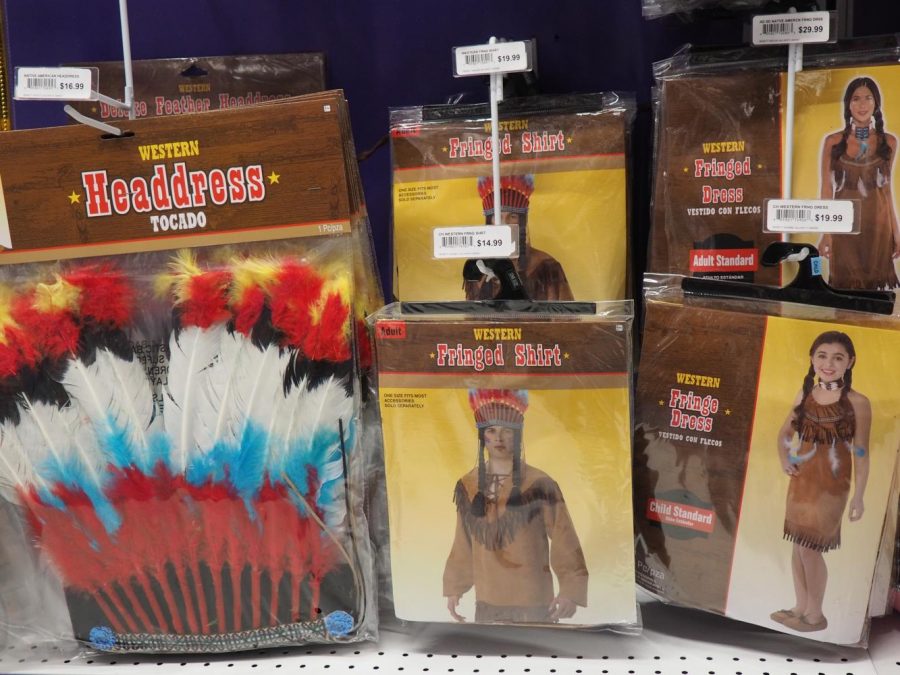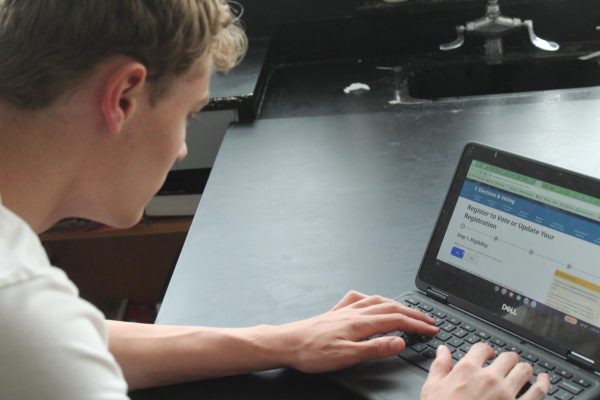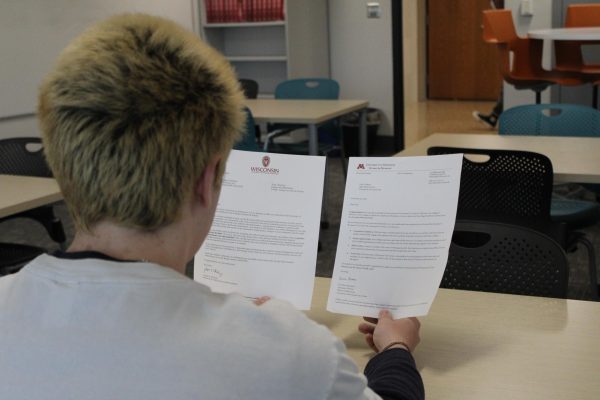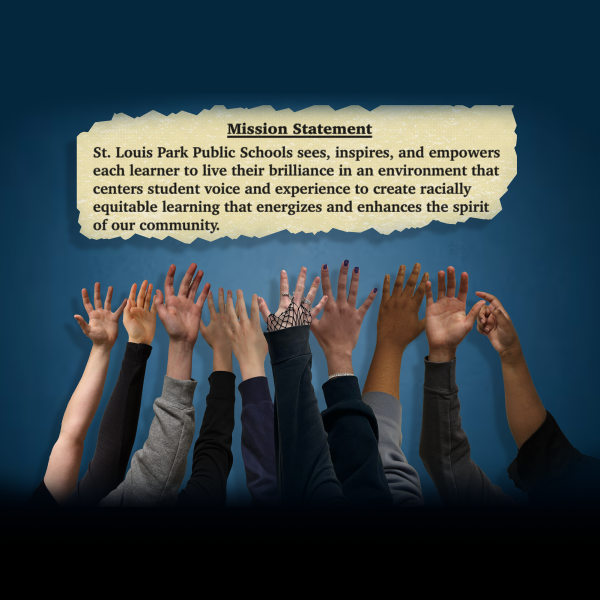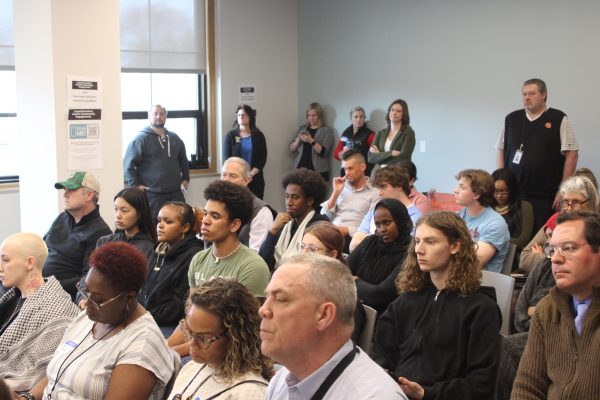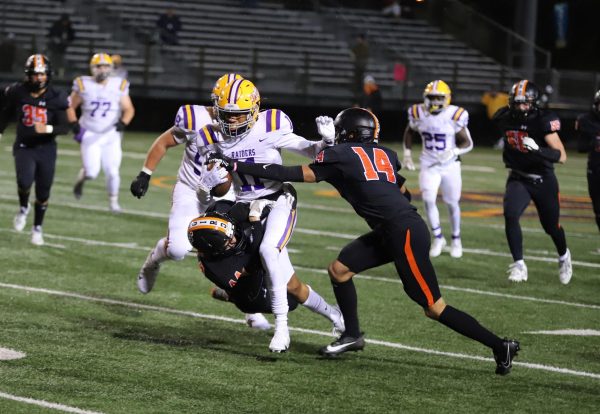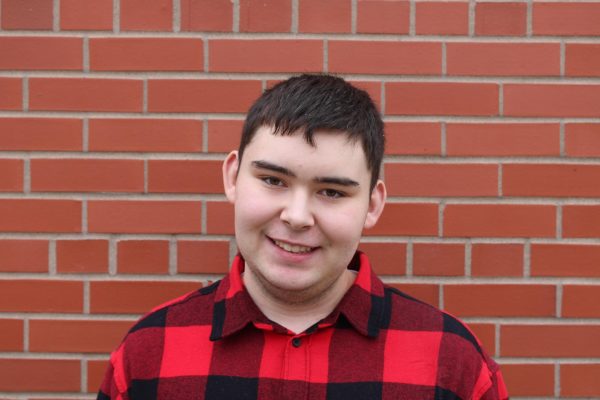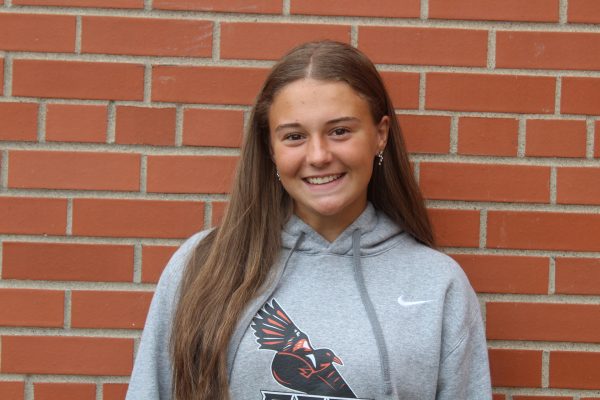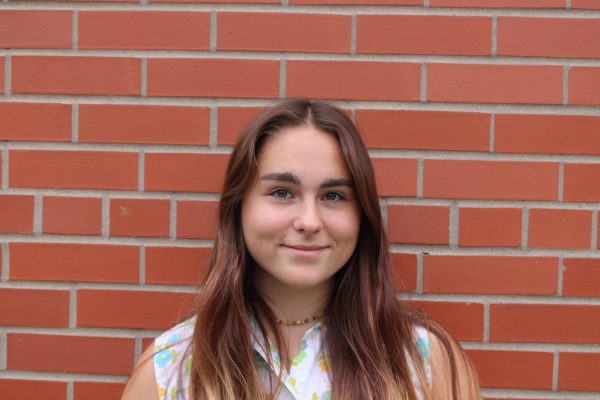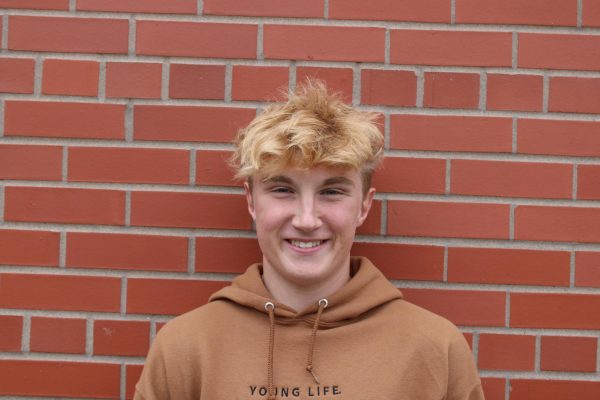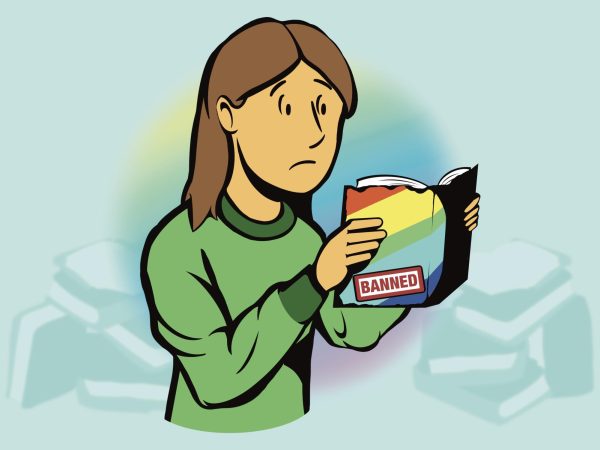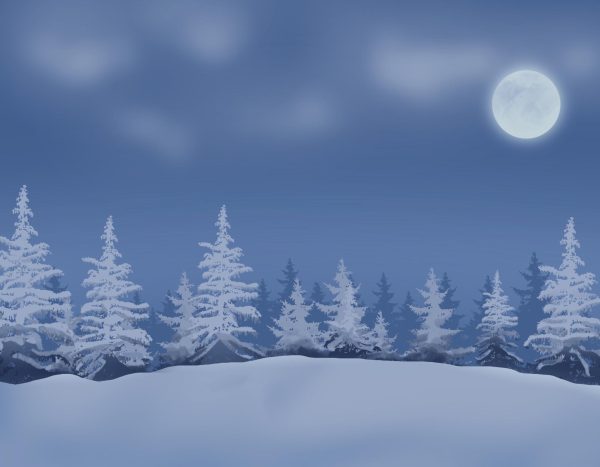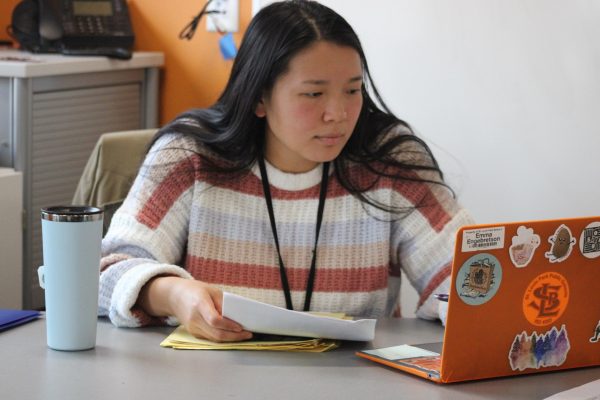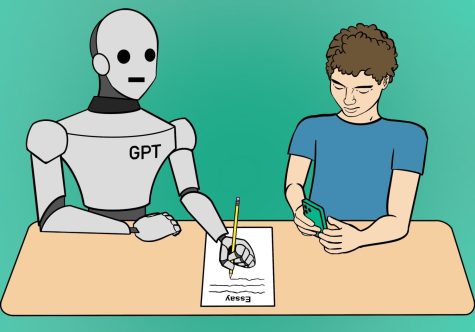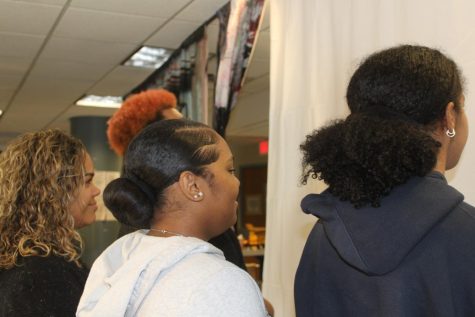Cultures seek respect for their traditions
Appropriating reaches negative levels
Native American halloween costumes on display at Party City in St. Louis Park.
Surrounded by sombreros at Halloween or ‘boxer braids’ on mainstream media, junior Cecilia Brown said she faces the struggle of where to draw the line concerning cultural appropriation at Park .
According to human rights officer for the state of Minnesota Lenora White, cultural appropriation defines itself as “mocking or misappropriating another person’s culture.”
Beth El Synagogue Rabbi Alexander Davis said there is a great sensitivity towards cultural appropriation in the Jewish community and a line should be drawn for what is too much.
“I can’t imagine (cultural appropriation) happening in St. Louis Park, but (if someone dressed up) in a Klu Klux Klan costume, that is disturbing to the Jewish community,” Davis said.
Students from Park have expressed concern not only surrounding holidays, but especially in social media revolving around adolescents.
Freshman Grace Kanyinku said she notices celebrities renaming traditions that were once African culture into their own.
“I have seen (cultural appropriation) a lot in mainstream media. I don’t choose to say much about it because ignorance is really strong, it’s hard to break (cultural appropriation) down for people to understand,” Kanyinku said.
Both students at Park and Davis said they feel the continuous trend of being unaware of cultural appropriation does not promote a safe environment, especially in neighborhoods and schools.
Junior Lexi Lee said people should be able to recognize when they are taking aspects of someone else’s culture to an extreme.
“When things are of spiritual value or are really important to a culture, I think that is when you draw the line,” Lee said.
The Minnesota Department of Human Rights said they will continue to enforce a discrimination free Minnesota and guide people to not participate in activities that could be offensive.
Junior Aaron Sledge said he wants to take action in his own life to inspire others in creating a change toward less appropriating.
“It’s okay to be interested in other cultures, but don’t try to enter someone’s culture without fully knowing what you’re doing,” Sledge said.
Davis said he believes people should have a sense of responsibility when considering if something is demeaning to a culture or not, especially around holidays like Halloween.
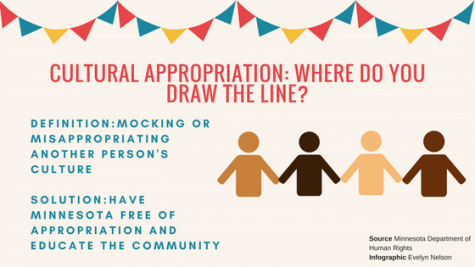
“If we were to see a child dressed up in a costume that is inappropriate, we might have to recognize that they might not completely understand the implication and the symbolism of the costume that they chose. Their parents might be more understanding of that and should be held to an adult level of accountability,” Da
vis said.
Kanyinku said she hopes once people learn about various cultural struggles, a real change can commence both in Park and nationwide.
“If someone has the opportunity to be educated in (cultural appropriation) they should be. A lot of people blur the line between cultural appropriation and wearing something from another person’s culture,” Kanyinku said.
According to White, the Minnesota Department of Human Rights continues to address the ongoing issue of cultural appropriation and encourages students to ask questions and educate themselves.
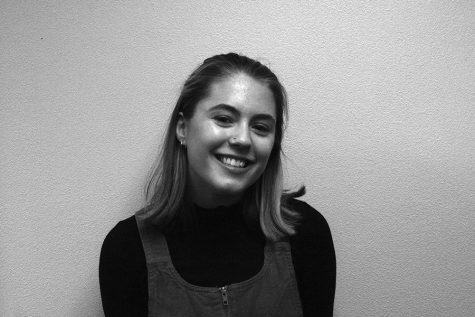
“Peace up, A-Town down”! I’m Evelyn, but most people know me as Evie or ‘the salty girl’. I am a junior this year and when I’m not writing...
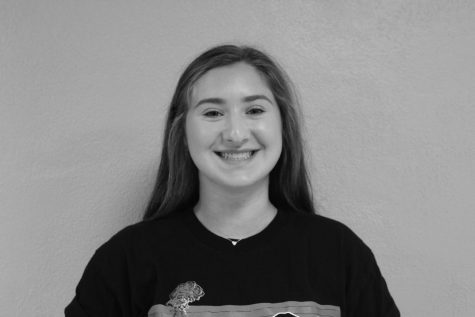
Hi, I’m Ruby. Some people call me Rubithus. I like Pad Thai and quesadillas. I do theatre and social activism and I like warm weather and face masks.



